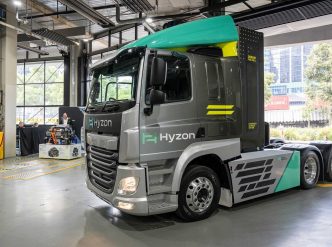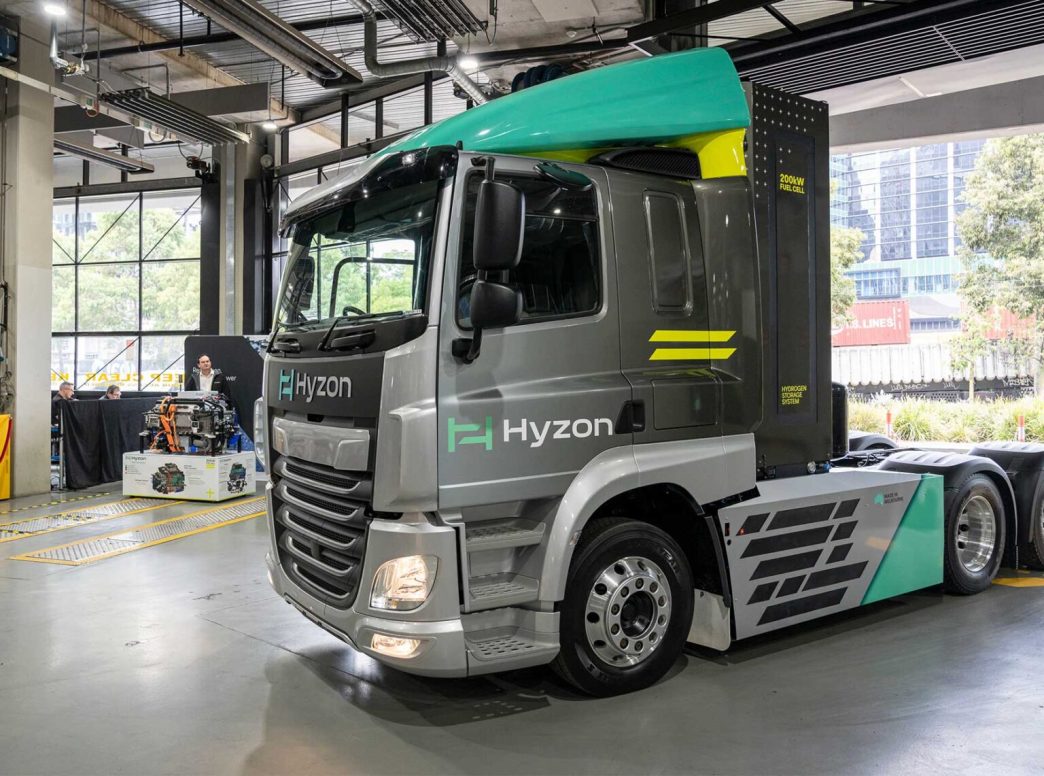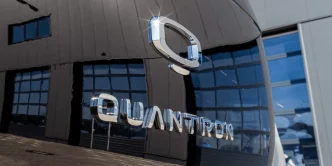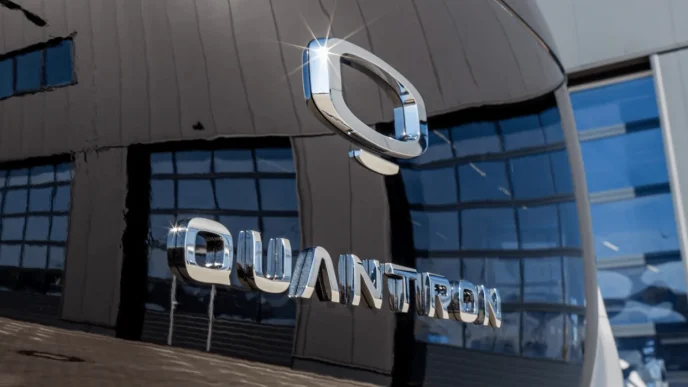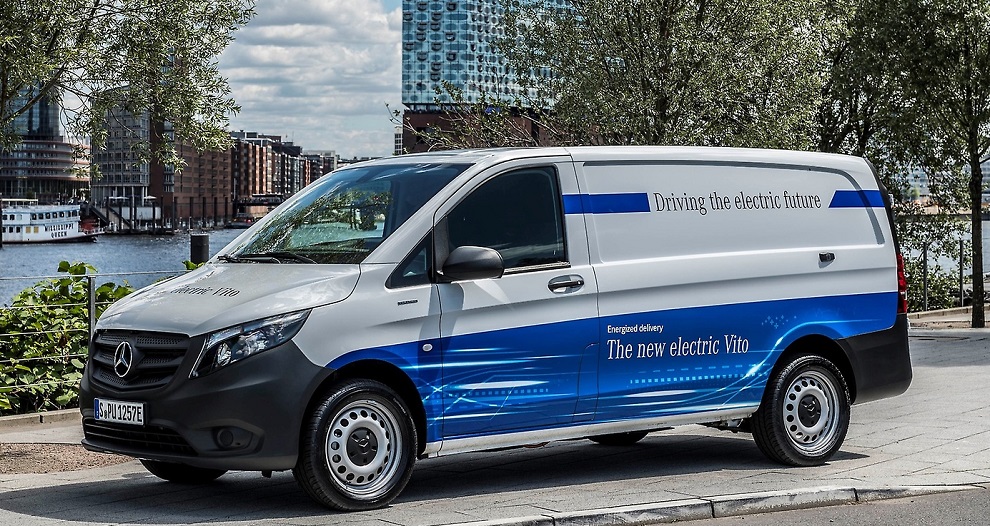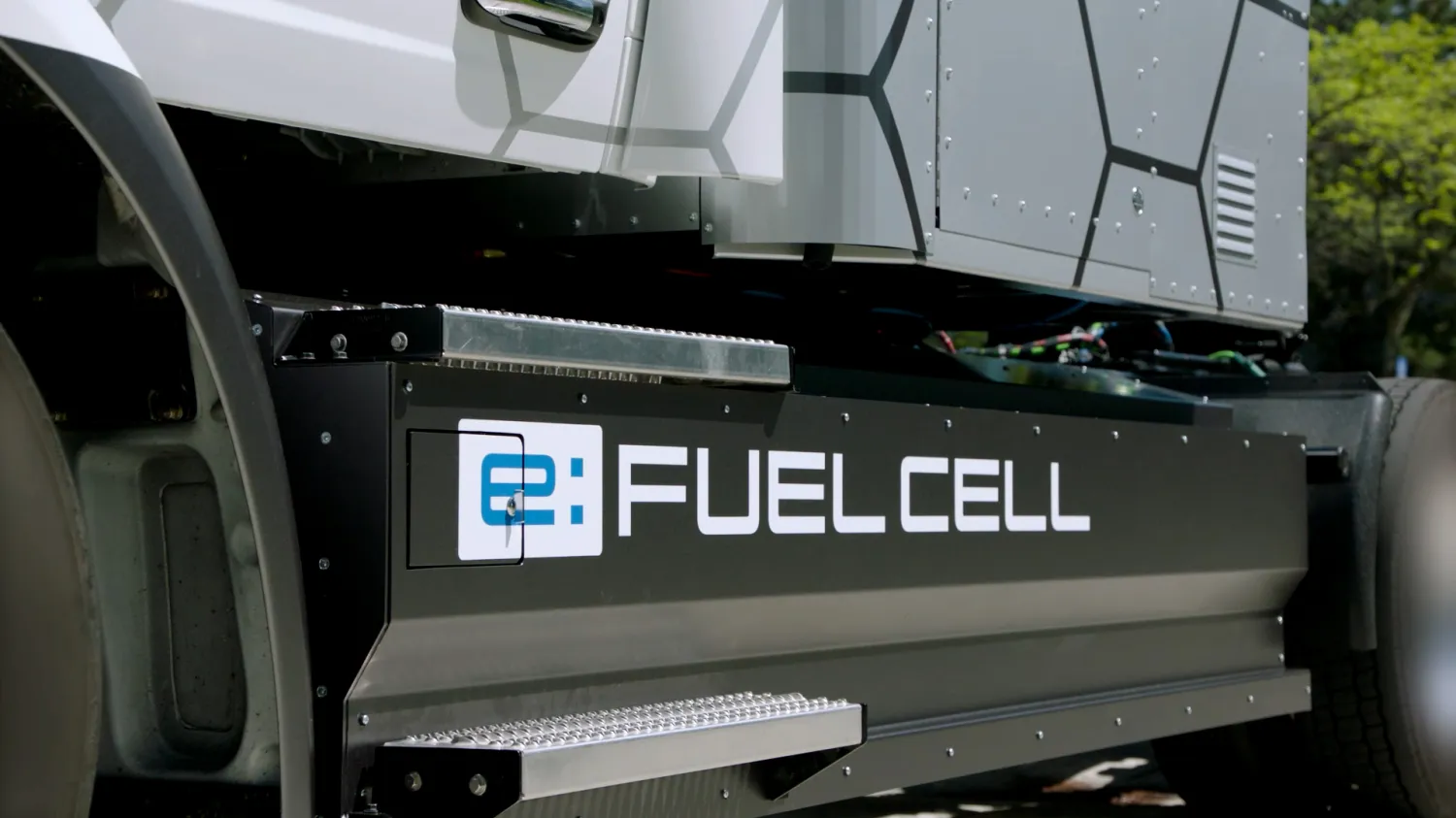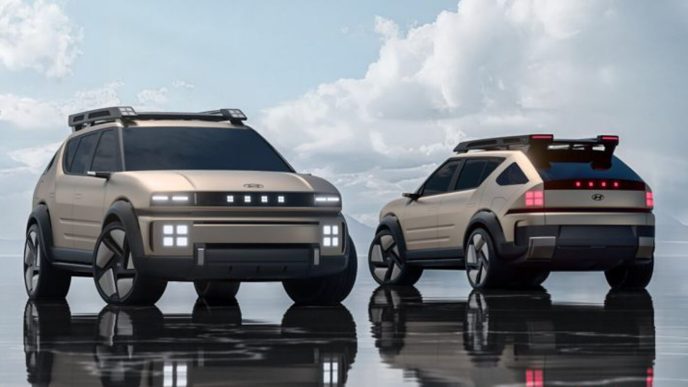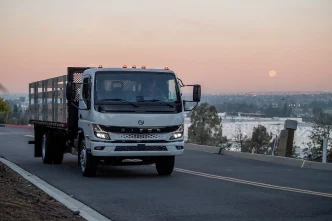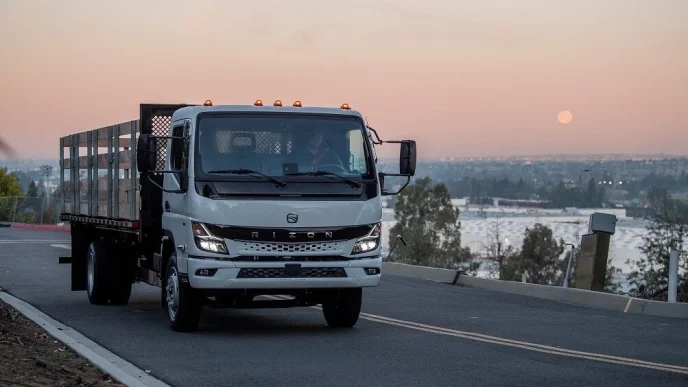TALKE, a global logistics provider in the chemical sector, has concluded a two-week trial of Hyzon’s Class 8 200kW Fuel Cell Electric Vehicle (FCEV) truck at its Houston drayage operations, advancing the company’s pursuit of zero-emission logistics.
This trial builds on an earlier pilot with Hyzon’s 110kW model two years prior, signaling TALKE’s steady progression toward large-scale deployment of hydrogen-powered trucks.
The trial demonstrated the vehicle’s strengths in power, noise reduction, and smooth operational performance, with favorable feedback from drivers. Experienced TALKE driver Timothy Rivon praised the truck’s quieter ride and smooth handling, stating, “Change can be tough, but you can’t beat the quieter ride and how smooth it drives.”
TALKE President and CEO Richard Heath highlighted the trial’s alignment with TALKE’s ESG objectives under its #CraftingResponsibleLogistics program, emphasizing that zero-emission operations are integral to the company’s future.
The successful trial places Hyzon’s FCEV truck as a strong contender in TALKE’s evaluation of suppliers as it explores options for zero-emission fleet expansion and potential grant funding.
Hyzon CEO Parker Meeks expressed confidence in the truck’s readiness for commercial deployment, underscoring its role in decarbonizing heavy-duty sectors.
TALKE, established in 1947 and currently serving over half of the world’s top 50 chemical companies, continues to prioritize sustainable solutions in hazardous and non-hazardous logistics.

